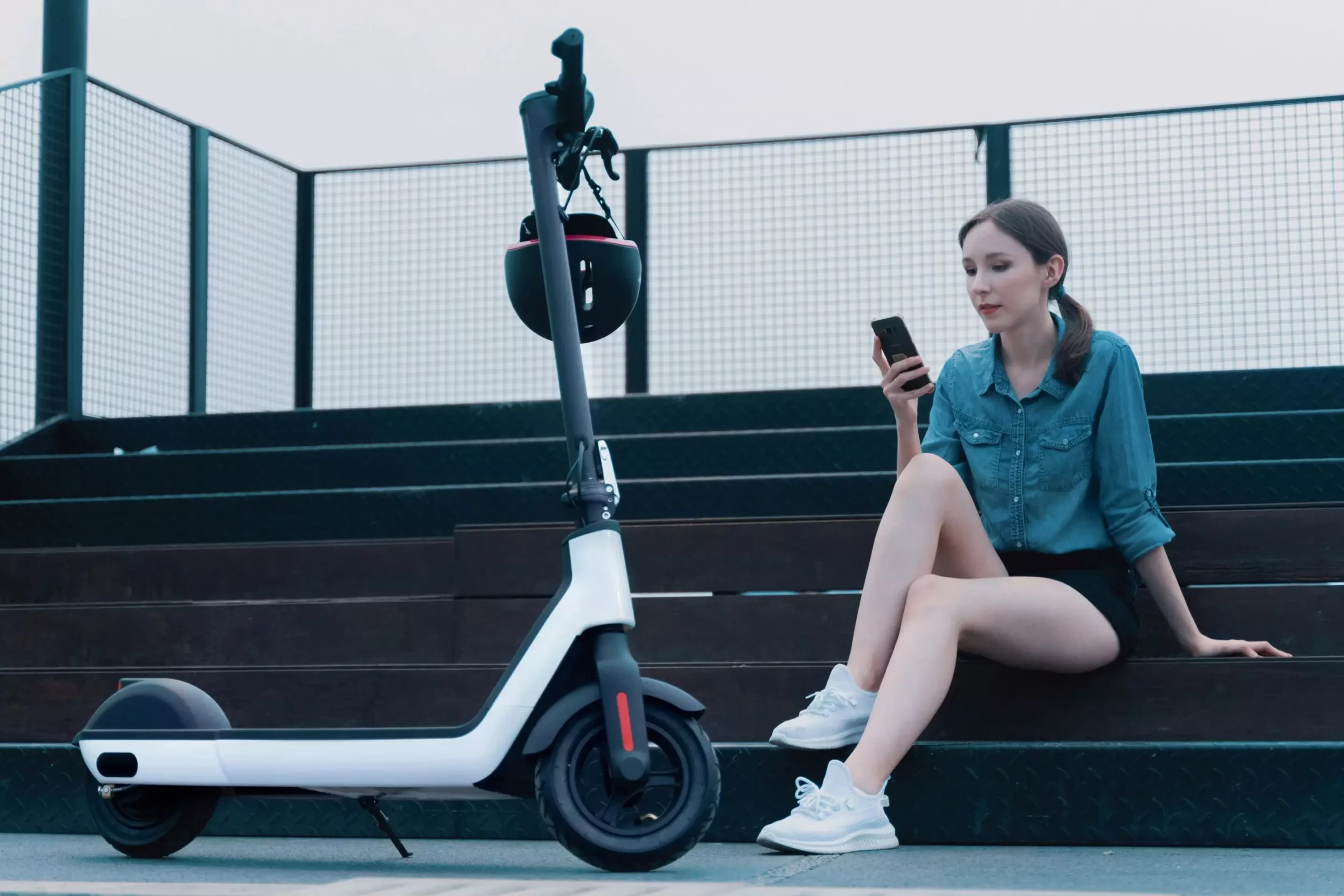Shared e-scooters have become a popular mode of transport in many cities around the world, offering a convenient and eco-friendly way to travel short distances. Melbourne City Council recently made headlines by voting to break its contracts with operators of shared e-scooter schemes due to safety concerns. However, these concerns may be overshadowing the potential long-term benefits of embracing sustainable transport options.
Safety Concerns vs. Environmental Gains
While safety should always be a top priority, it is essential to consider the broader context when evaluating the use of shared e-scooters. Reports have shown that emissions in Melbourne were reduced by 400 metric tons since the introduction of e-scooter trials, highlighting the positive environmental impact of these mobility solutions. It is crucial to strike a balance between safety measures and the broader benefits that shared e-scooters can offer in terms of reducing carbon footprints and improving urban mobility.
Distinguishing Between Shared and Private E-scooters
One key aspect that often gets overlooked in the debate about e-scooter safety is the distinction between shared and private e-scooters. Shared e-scooter operators are subject to strict regulations that ensure safety features such as speed limiters, geo-fencing, and pedestrian-detection technology. On the other hand, private e-scooters are not as closely monitored and may lack these essential safety mechanisms.
Another critical factor in ensuring the safety of e-scooter riders is the presence of proper infrastructure. Studies have indicated that a significant number of e-scooter accidents occur at intersections during the day, emphasizing the need for dedicated lanes and safe riding environments. Without adequate infrastructure, the risks associated with e-scooter use can be amplified.
Shared e-scooters have the potential to contribute to sustainability goals by reducing traffic congestion, improving access to public transport, and providing a more efficient mode of transport for short trips. Additionally, e-scooters can offer a valuable form of transport for young people, low-income individuals, and those with disabilities, promoting social equity and accessibility.
Call for Better Governance
The decision by the City of Melbourne to ban shared e-scooters raises questions about the effectiveness of current governance structures. Instead of resorting to bans based on safety concerns, there is a need for more proactive policies that integrate shared e-scooters into the urban mobility mix. Governance decisions should be based on reliable evidence and stakeholder engagement to ensure a balanced approach to regulating e-scooter usage.
Reevaluating the ban on shared e-scooters in Melbourne requires a comprehensive assessment of the benefits and burdens associated with these mobility solutions. By focusing on sustainability, safety, and equity considerations, cities can develop more consistent policies and definitions for regulating e-scooter usage. It is essential to prioritize rider safety, infrastructure development, and inclusive governance to promote sustainable and safe e-scooter use across Australia.


Leave a Reply